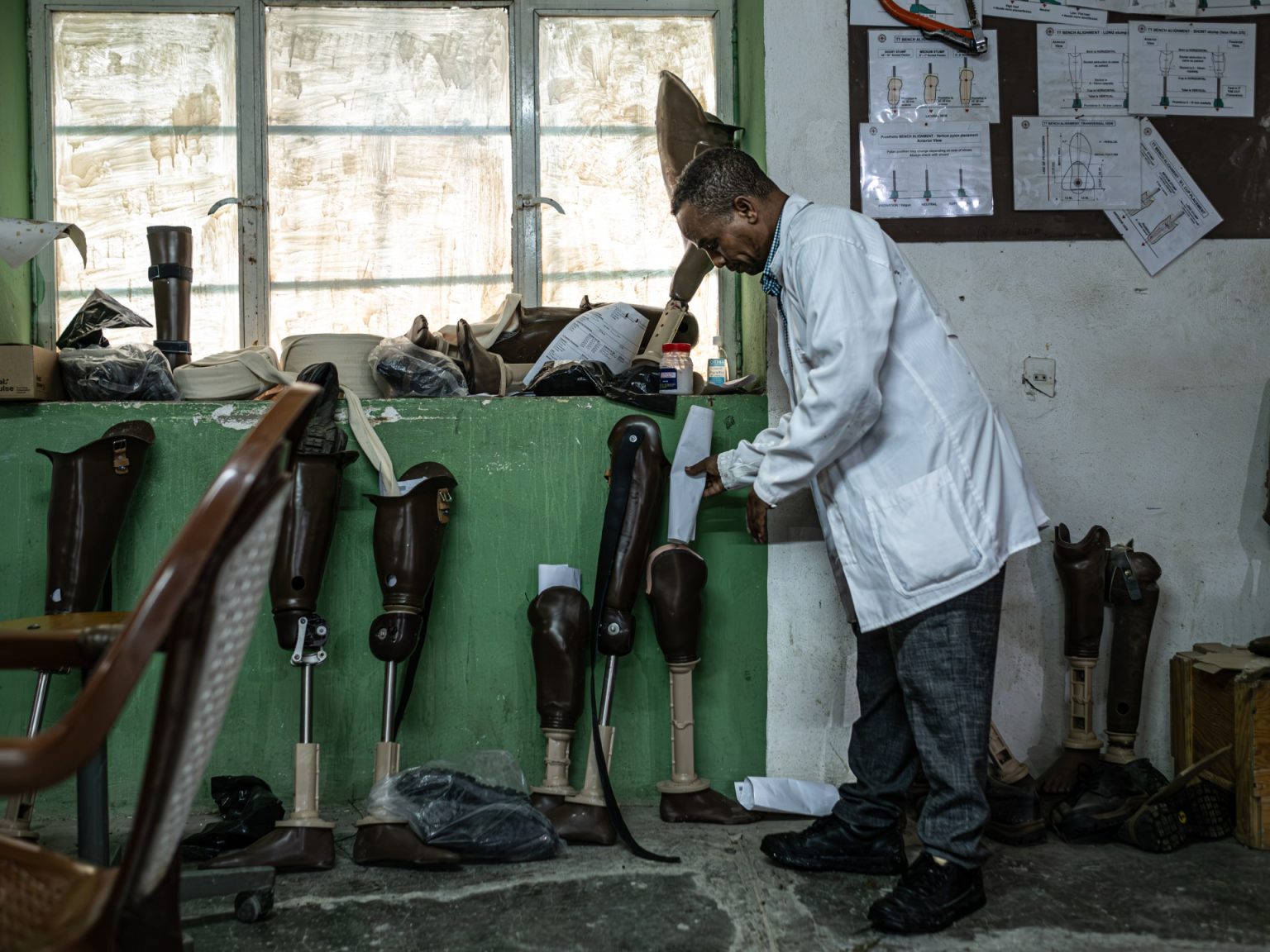The city of Mekelle in northern Ethiopia has begun to return to normalcy in the aftermath of the recent conflict, with people back on the streets and in cafes and markets. However, there is still a sense of uncertainty lingering across the region. Despite the progress made since the signing of the peace deal, there are many disputes and unresolved issues that remain. One key issue is the disarmament and demobilization of over 200,000 TPLF soldiers, as well as the movement’s official reinstatement as a political party by the National Electoral Board of Ethiopia (NEBE).
Internal divisions have emerged within the TPLF leadership, illustrating power struggles between the party’s chairman, Debretsion Gebremichael, and his former deputy Getachew Reda, who now leads the Interim Administration of the region. Recently, tensions were further fueled when Getachew Reda was expelled along with 16 other members of the leadership. This political uncertainty poses a challenge to the reconstruction efforts and the consolidation of the fragile peace in the region.
During the war, Tigray faced severe shortages of food and medicine for months, resulting in the destruction or damage of most hospitals and infrastructure. According to the World Health Organization, only 3 percent of health facilities were functional by the end of the conflict. The estimated cost of reconstruction stands at $20 billion, and it will take decades for the region to fully recover from the devastation caused by the war. The ongoing political turmoil adds to the challenges faced in rebuilding Tigray.
The peace deal signed has brought some progress to the region, but there are still various challenges that need to be addressed in order to secure a lasting peace. The restoration of basic services, such as healthcare and infrastructure, is crucial for the well-being of the people of Tigray. The international community has a role to play in supporting the reconstruction efforts and ensuring that the region is able to recover from the impact of the conflict.
Efforts towards disarmament and demobilization of TPLF soldiers are essential for stabilizing the region and preventing any resurgence of violence. In addition, the internal divisions within the TPLF leadership need to be addressed in order to establish a more unified and coherent approach to governance in Tigray. The involvement of all stakeholders, including community leaders and civil society, is crucial in the rebuilding and reconciliation process.
As Tigray moves forward in the aftermath of the conflict, it is important for all parties involved to work towards a sustainable peace that addresses the root causes of the conflict and ensures the well-being of the people in the region. The challenges ahead are immense, but with concerted efforts and support from the international community, Tigray can begin to rebuild and heal from the scars of war.













